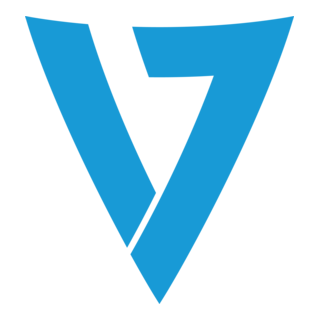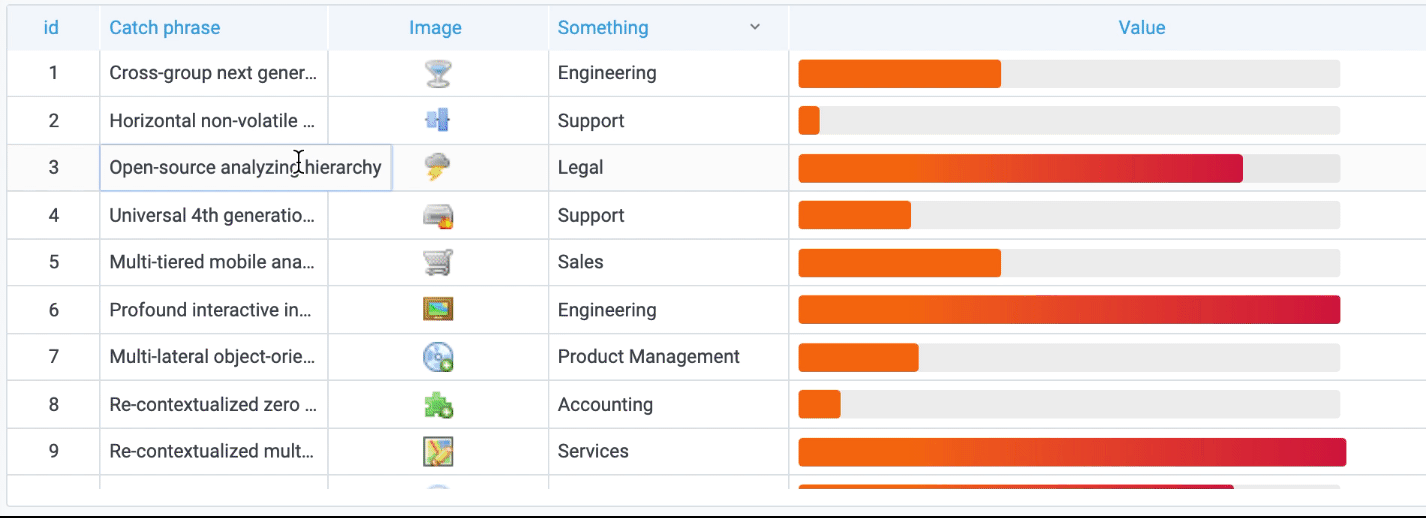
V7 Labs: Complete Buyer's Guide
Leading AI-powered data annotation platform for enterprise computer vision development
V7 Labs positions itself as the leading AI-powered data annotation platform for enterprise computer vision development, serving Fortune 500 companies across healthcare, manufacturing, and technology sectors. The company's Darwin platform combines automated annotation capabilities with comprehensive workflow management tools designed for organizations building production AI systems requiring high-precision labeled datasets[43][44].
Market Position & Maturity
Market Standing
V7 Labs occupies a premium market position in the AI annotation platform space, competing against CVAT, Labelbox, and Kili through advanced AI features and enterprise compliance focus rather than cost accessibility[47].
Company Maturity
The company demonstrates operational maturity through successful deployment of mission-critical applications, including the UK's National Health Service COVID-19 response and multiple healthcare AI implementations requiring FDA compliance[46][52].
Growth Trajectory
Recent $33M Series A funding co-led by Radical Ventures and Temasek supports expansion into multimodal AI capabilities, positioning the company for continued platform development and market leadership[58].
Industry Recognition
Enterprise customer concentration validates market positioning, with documented implementations at Fortune 500 companies including GE Healthcare, Siemens, Genmab, and various biotech organizations[46][52][58].
Longevity Assessment
The company's focus on healthcare, manufacturing, and technology sectors positions it for continued growth as these industries accelerate AI adoption while maintaining strict compliance requirements.
Proof of Capabilities
Customer Evidence
V7 Labs demonstrates proven capabilities through documented enterprise implementations across multiple regulated industries. Genmab accelerated tumor detection workflows in digital pathology using V7's consensus annotation capabilities, achieving measurable timeline reductions for pathologist collaboration workflows[52]. San Matteo Hospital reduced pneumonia diagnosis time using V7's X-ray annotation capabilities during COVID-19 response[46].
Quantified Outcomes
Manufacturing sector evidence includes significant reduction in mislabeled products through AI inspection systems integrated with V7's annotation platform, with clients achieving 99.2% defect detection accuracy compared to traditional manual methods at 85-90%[3][8]. Agricultural implementations report 30% labeling cost reduction within three months through API-driven automation workflows[42][47].
Case Study Analysis
The UK's National Health Service represents V7's most significant validation, successfully deploying COVID-19 pneumonia detection models in 45 days leveraging the platform's DICOM support and comprehensive audit trail functionality[46].
Market Validation
Fortune 500 adoption patterns across GE Healthcare, Siemens, and multiple biotech organizations demonstrate market validation among enterprise customers with substantial AI budgets and sophisticated technical requirements[58].
Reference Customers
Documented customers include GE Healthcare, Siemens, Genmab, and Paige AI, indicating strong adoption among large organizations with substantial AI development budgets[46][52][58].
AI Technology
V7 Darwin's core AI functionality centers on Auto-Annotate technology and SAM2 integration, enabling automated segmentation of complex objects including medical lesions and manufacturing defects with pixel-level precision[43][46].
Architecture
The platform's technical architecture supports specialized data formats including DICOM, NIfTI, and SVS files, addressing specific requirements for medical imaging workflows that demand regulatory compliance and audit trail capabilities[55].
Primary Competitors
CVAT, Labelbox, and Kili[47].
Competitive Advantages
Compliance and security features represent V7's strongest competitive differentiator. The platform includes FDA/HIPAA support as built-in features, compared to CVAT's self-hosted-only compliance approach and Labelbox's SOC 2 compliance through add-on services[52][55].
Market Positioning
V7 focuses on the premium segment, competing on advanced features and compliance capabilities rather than cost accessibility. This positioning strategy successfully attracts Fortune 500 customers including GE Healthcare and Siemens[58].
Key Features

Pros & Cons
Use Cases
Pricing
Featured In Articles
Comprehensive analysis of AI Label Design Tools for AI Design for AI Design professionals. Expert evaluation of features, pricing, and implementation.
How We Researched This Guide
About This Guide: This comprehensive analysis is based on extensive competitive intelligence and real-world implementation data from leading AI vendors. StayModern updates this guide quarterly to reflect market developments and vendor performance changes.
58+ verified sources per analysis including official documentation, customer reviews, analyst reports, and industry publications.
- • Vendor documentation & whitepapers
- • Customer testimonials & case studies
- • Third-party analyst assessments
- • Industry benchmarking reports
Standardized assessment framework across 8 key dimensions for objective comparison.
- • Technology capabilities & architecture
- • Market position & customer evidence
- • Implementation experience & support
- • Pricing value & competitive position
Research is refreshed every 90 days to capture market changes and new vendor capabilities.
- • New product releases & features
- • Market positioning changes
- • Customer feedback integration
- • Competitive landscape shifts
Every claim is source-linked with direct citations to original materials for verification.
- • Clickable citation links
- • Original source attribution
- • Date stamps for currency
- • Quality score validation
Analysis follows systematic research protocols with consistent evaluation frameworks.
- • Standardized assessment criteria
- • Multi-source verification process
- • Consistent evaluation methodology
- • Quality assurance protocols
Buyer-focused analysis with transparent methodology and factual accuracy commitment.
- • Objective comparative analysis
- • Transparent research methodology
- • Factual accuracy commitment
- • Continuous quality improvement
Quality Commitment: If you find any inaccuracies in our analysis on this page, please contact us at research@staymodern.ai. We're committed to maintaining the highest standards of research integrity and will investigate and correct any issues promptly.